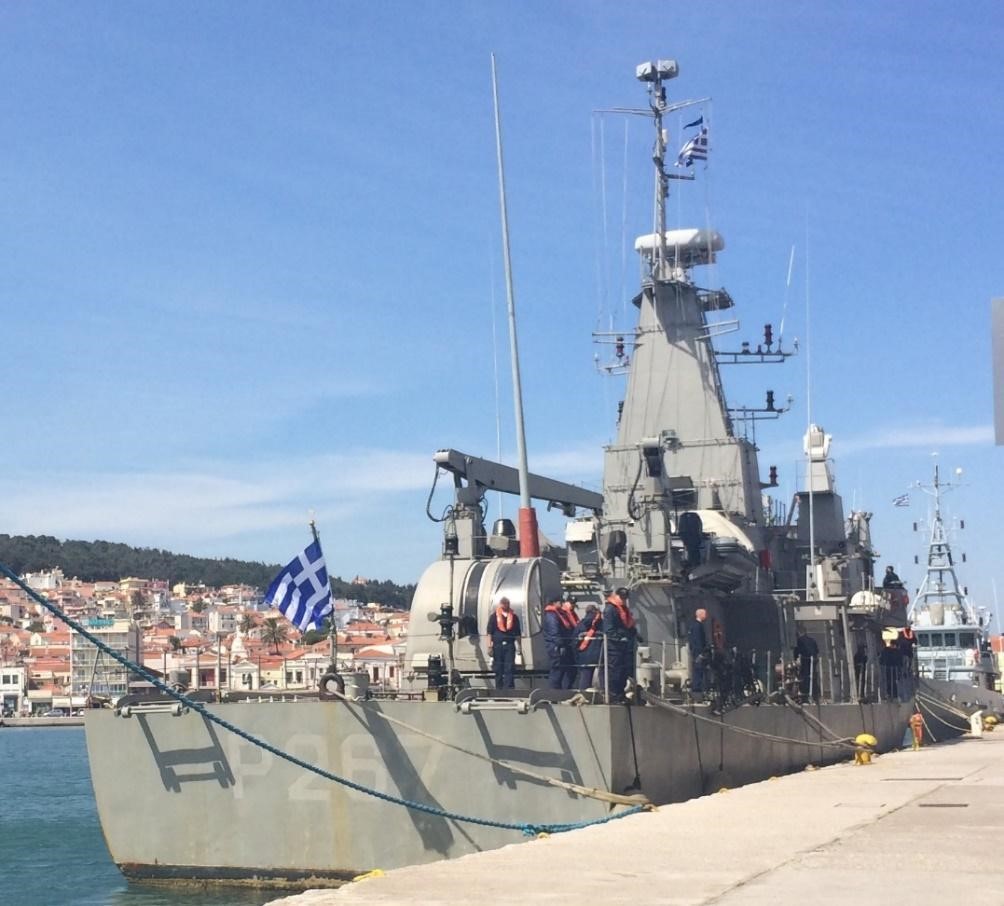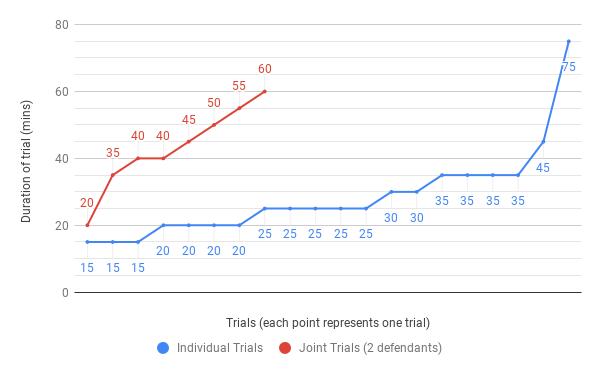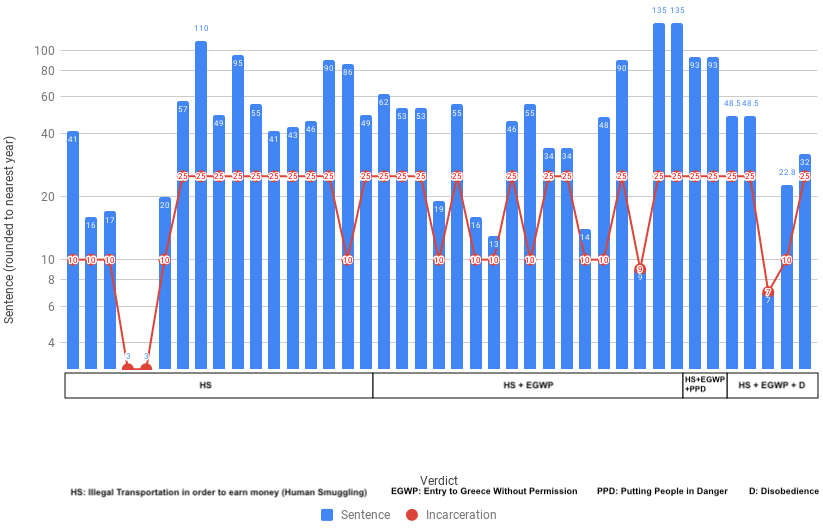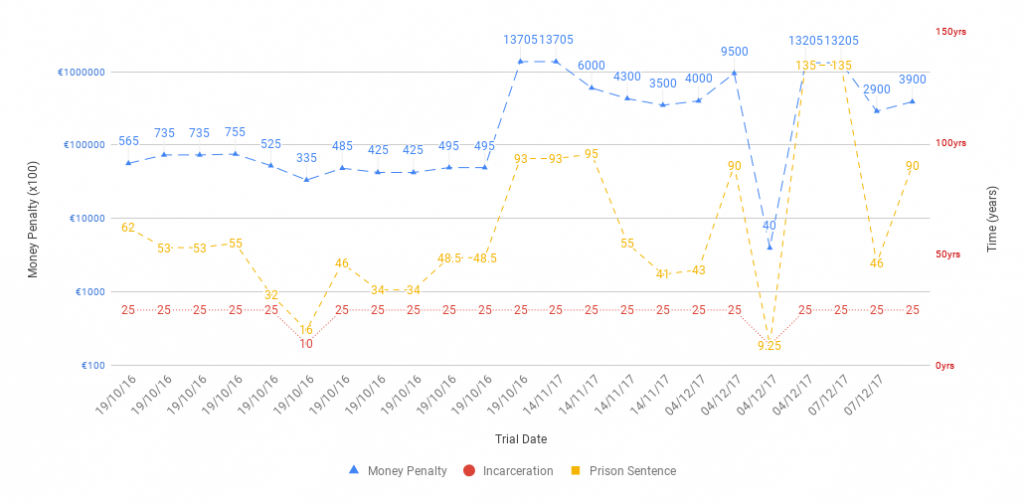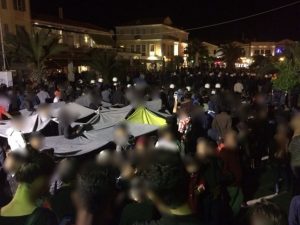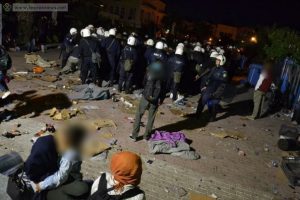We share a text from No Border Kitchen Lesbos:
Greece: A Retrospective on January 2020 by No Border Kitchen Lesvos (from Stop War on Migrants)
Just one month has passed in the new year and it already casts a grim shadow over the months yet to come. Blow after blow, new atrocities occur, and the government issues one fascist decision after another. Public outcry is absent.
Still, almost every day people set out on the dangerous journey across the straits between Turkey and Europe. Forced by a system that criminalizes and negatively stigmatizes migration, people unsafely have to board boats and leave everything behind, in the hope of a better, normal life – and for the EU (and within it the Greek government) no effort seems too big or too expensive to crush said people, no matter the cost.
The numerous shipwrecks in this month alone shows yet again how dangerous the crossing is. The Turkish coast guard rammed a rubber dinghy, 4 people drowned, one person went missing – and the excuse of missing safety precautions on board is accepted without comment. A fiber boat broke, 11 people died, of whom 8 were children – but the outcry is absent.
Driven in desperation by a dehumanizing and exclusionary system, a man finds himself during the first days of January in prison. He is locked away in solitary confinement, out of sight. He is a man with known psychological problems and he is left alone. Nobody will take responsibility for him. Death appears to him as the only way out of this hell.
In response to this, approximately 150 people took to the streets to protest against Moria Camp and the conditions in its prison. In a public statement (in several languages), the violent methods, which are de facto torture, were criticized, and the release of all prisoners demanded, as well as the closure of Moria camp and freedom of movement for all.
Towards the end of the month around 300 women protested in the streets of Mytilene with slogans such as “we want to be free, we want to be human”. They criticized the horrible living conditions in Moria camp and the ongoing violence. Meanwhile, another hundred women were prevented from participating in the protest and were blocked at the streets entering Mytilene. More than ten non-refugee women that attended the demonstration were removed and taken to the police station. The police were of the opinion that it was they who organized the rally, based on no evidence and only prejudice, the racial prejudice that the refugee community were unable to organise the demonstration themselves, and that it must have been done for them.
Women have to live under constant fear of assaults and rape. Medical help for pregnant women is barely existent. General medical support is scarce. Children grow up in a hostile environment. They are denied their childhood. But the outcry is absent.
Over 20,000 people are currently stuck in and around Moria camp, having to call it their home. Basic needs are not even close to being met. The ideal environment for violence has resulted in several attacks. Already more than 10 people have been injured and hospitalized since the start of the year. Among those, two men were killed. Some no longer dare to stay in the camp and see themselves forced to endure the cold winter nights in public places. But the outcry is absent.
On January 22nd, with the slogan: “we want our islands back!”, thousands of Greek civilians went on strike and protested the government’s refugee policy. The general strike was supported by the broad public, and a poster with their inflammatory demands could be seen in countless shops and stores of Mytilene, resulting in the largest protest in the history of Lesvos. Thus, domestic politics evaporates, and the belief that those who have newly arrived are to blame for the old, structural problems of the country spreads.
This is a perfect example of the recently formed government confirming its desire to show hardness and “strength” by implementing xenophobic policy. Championing the ideal of “out of sight, out of mind”, the first closed camp is already being built on the island of Samos, afar from any civilization. Men, women and children are to be imprisoned there on a general basis, their only “crime”: they came to Europe. They shall be imprisoned for 25 days. Within this time, it is supposed to be decided who is allowed to stay and who will be deported. The new law, however, provides for numerous possibilities to extend detention – up to 18 months if the asylum application is rejected. In addition to this, the time limits for appeals has been shortened, and any appeal must be submitted by a lawyer. This gives rise to the fear that under these circumstances many will not find a representative in time to appeal against a negative verdict.
But the government cannot wait for the completion of the closed camps to achieve their goal. Thus, on the last weekend of January, 55 people, most of them families, were locked up in a wing of the prison on Kos island. EU law ubiquitously requires a case-by-case assessment of whether there is a reason for imprisonment, and the Greek government flagrantly shows a clear disregard for such legal principle. If even legal principles are so publicly ignored, how are we to believe that any moral or ethical principles, such as a basic human right such as migration, will ever be followed?
Help and support will never be close at hand. The dehumanization continues. Imprisonment of the innocent, even children, is legitimized by our xenophobic system. But the outcry is absent.
The closed camps are intended to accelerate and intensify deportations. By the end of 2020, the government wants to deport 10,000 refugees to Turkey – five times greater than the total number of deportations since the EU-Turkey deal was made. So far, in accordance with former practice, many deportations have been prevented (or at least delayed) with the argument that the horrific conditions in Turkey classify a return as unsafe. However, the Greek government has installed a new judiciary for decisions in regards to deportation, and hopes they will decide differently. But the outcry is absent.
The European Union continues to fully support and implement the entire system. They don’t only demand more “effective (frequent)” deportation but also demand the doubling of EASO (European Asylum Support Office) staff officials to carry out the heinous act. It is not the only staff increase. The cruel, so-called “defenses” continue. The government announced to have 1200 more border police officers in the coming months. Already 400 jobs are advertised for the borders at the river Evros, and 800 are to be added on the Aegean islands.
Now they also want to install a floating dam system on the water. How exactly this is supposed to keep boats away is unclear to everyone. Considering that Lesvos is roughly 70km long, the 2.7km long barrier with blinking lights does not invoke an effective approach to the “issue”. The half a million-Euro project seems even more senseless when one takes in to account that people who are stopped by the barrier have already reached Greek territorial waters, and would therefore have to be rescued and taken to Greek soil under maritime law. But the outcry is absent.
As well as this, Stage 2 was closed on the 31st January. Stage 2 was the short-term transit camp to ensure people who land on the northern coast can access safety and receive medical aid and shelter. Over half of the total arrivals on Lesvos are on the northern shore. With closing Stage 2, people arriving will be left waiting for hours on beaches, by the side of the road, or in remote rocky areas, with no access to immediate shelter, protection or medical aid; some may even attempt to walk for hours to the south. But the outcry is absent.
Irony screams out, with all of the events aforementioned taking place in the same month in which the liberation of Auschwitz was remembered during the 75th anniversary of it’s closure, with politicians from left to right wing parties proclaiming: “never forgive, never forget!”. But they do forget. They forget all people who are not wanted in Europe because of their country of origin. They forget the tens of thousands of people who lost their lives because of the current EU policy. They forget the children who have experienced nothing else in their whole life than war, conflict zones and flight, and now are forced to live in hostile environments which provoke child suicide attempts. They forget all the young people who are condemned to do nothing, full of potential – potential Europe desperately needs, but apparently would be provided by the “wrong” people. They forget humanity in view of their own political and economic interests. They forget that fascism is in our midst and again the majority is not only watching but willfully ignoring. Thus, new atrocities take place over and over– but, once again, the outcry is absent. Deafeningly, forever absent.
United we stay- divided we fall.
No borders
Solidarity will win

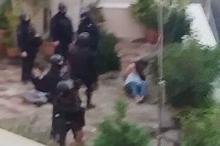 18.12.2019: Nach der gestrigen Räumung der Villa Kouvelos in Marousi erfolgten heute morgen 3 weitere Räumungen in Koukaki, einem Stadtteil östlich der Akropolis. Die Bewohner hatten sich verbarrikadiert und die Cops mussten sich gewaltsam Zugang über die Nachbargebäude verschaffen. Dabei überrumpelten sie Nachbarn und mißhandelten jene, die nicht kooperieren wollten. Ein Anwohner wurde mit dem Kopf auf den Steinboden geworfen, andere Bewohner mussten halbnackt und gefesselt im Hinterhof vor vermummten Spezialeinheiten knien, es gab 10 Festnahmen.
18.12.2019: Nach der gestrigen Räumung der Villa Kouvelos in Marousi erfolgten heute morgen 3 weitere Räumungen in Koukaki, einem Stadtteil östlich der Akropolis. Die Bewohner hatten sich verbarrikadiert und die Cops mussten sich gewaltsam Zugang über die Nachbargebäude verschaffen. Dabei überrumpelten sie Nachbarn und mißhandelten jene, die nicht kooperieren wollten. Ein Anwohner wurde mit dem Kopf auf den Steinboden geworfen, andere Bewohner mussten halbnackt und gefesselt im Hinterhof vor vermummten Spezialeinheiten knien, es gab 10 Festnahmen.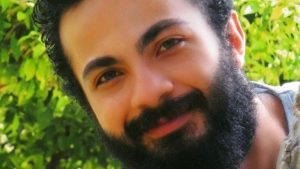 Nour Al-Sameh is 29 years old ٍSyrian who is unjustly imprisoned in Greece for 4 years now because he flee to Europe for refuge. Just like the Captain of the Sea-Watch Carola Rackete, he acted to save the lives of people on a boat in the Aegean Sea who would otherwise have drowned in the water.
Nour Al-Sameh is 29 years old ٍSyrian who is unjustly imprisoned in Greece for 4 years now because he flee to Europe for refuge. Just like the Captain of the Sea-Watch Carola Rackete, he acted to save the lives of people on a boat in the Aegean Sea who would otherwise have drowned in the water.